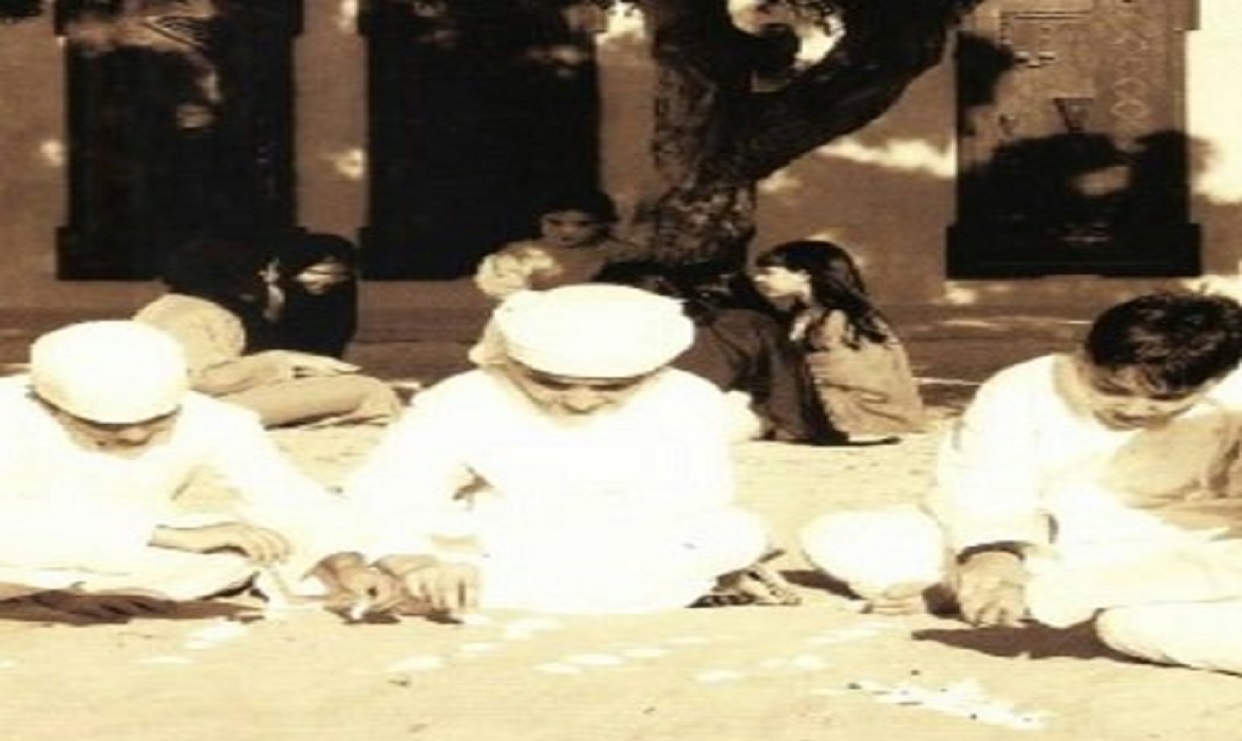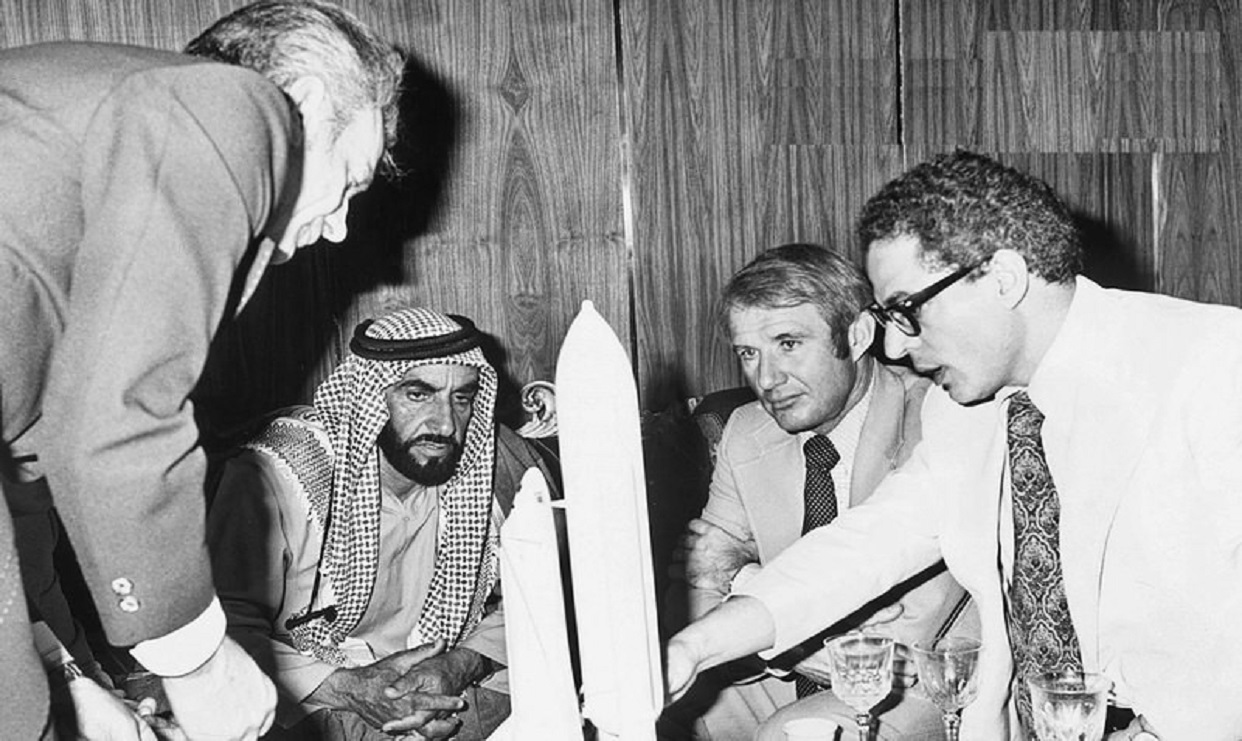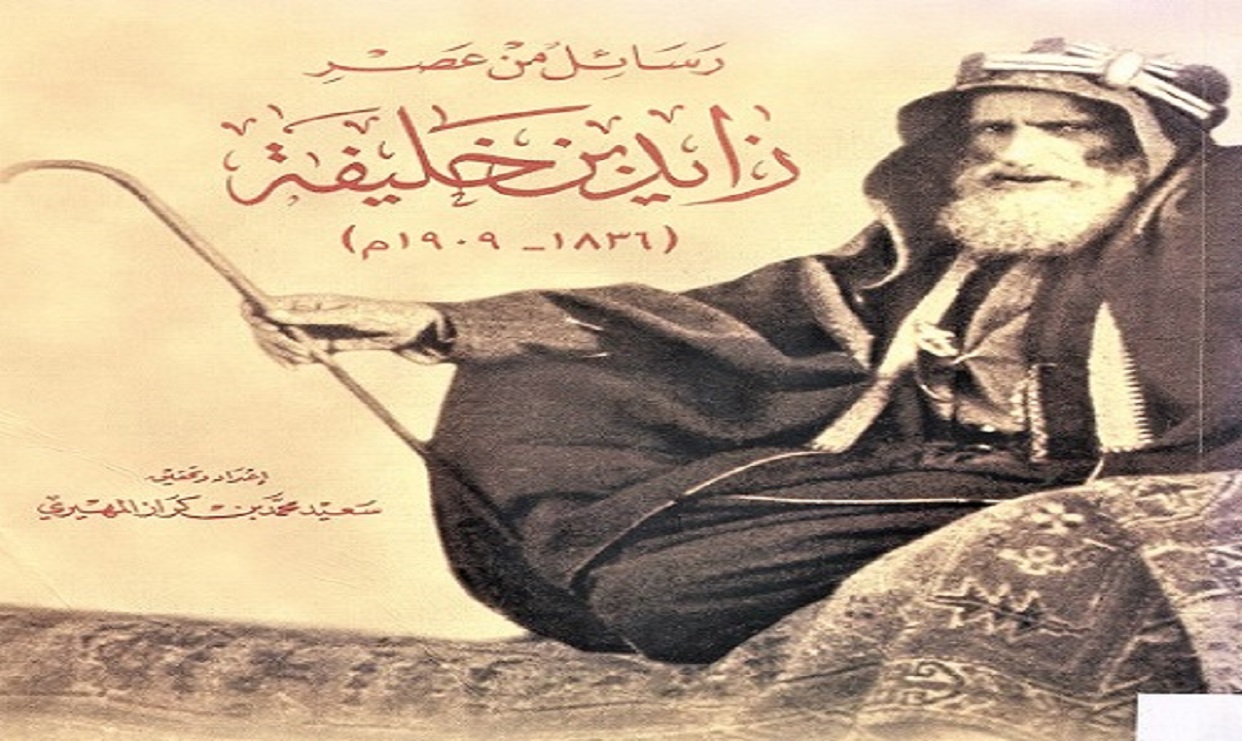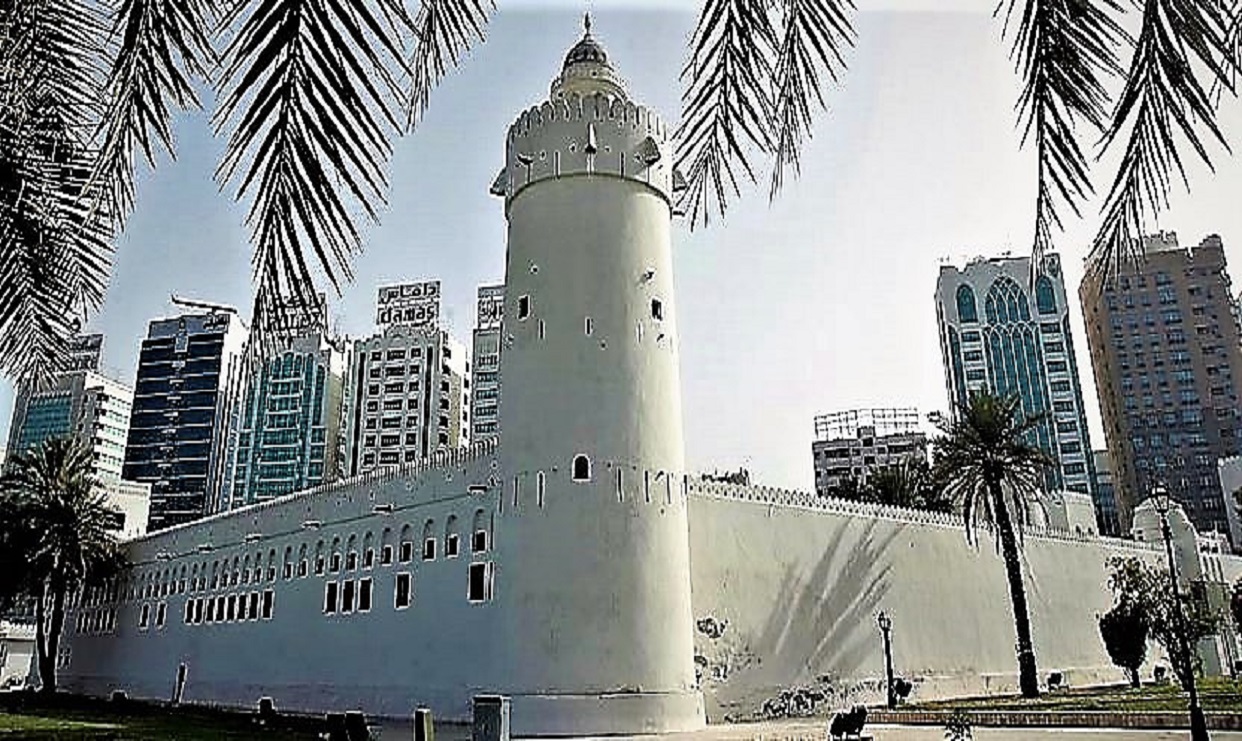1,005 عدد المشاهدات
Jamal bin Huwaireb
Day after day, I grow more certain that our local dialect is an undepletable source of the Arabic language. Our dialect even explains a significant number of Arabic vocabulary, regardless of who agrees or disagrees. Without it, we could hardly speak standard Arabic, and we would have mixed between masculine and feminine, as is the case with non-Arabs. Moreover, without it, we could not understand Arabic vocabulary and we might grasp the meaning or miss it. An Indian who learns standard Arabic would still think in the Indian language and translate his thoughts into Arabic, producing poor, useless Arabic expressions.
In a rare incident, I met with a Pakistani poet who enjoyed significant respect and prestige among his people. He published verse anthologies in Urdu, Persian, Lahorean, which was his language, as well as in Arabic. I asked him, “How could you write in all these languages?” “By the help of God. I’d like to inform you that I emulated all pre-Islamic Great Poems (Mu’allaqat) with beautiful eloquent poems,” he answered. I said, “Read some to me!” When he recited them, I was shocked at the poor style of what I had heard. I said in myself, “Thank God for the blessing of the Arabic tongue, even though it is popular dialect. Then he took out paan, green reddish leaves chewed by Indians. I was surprised and exclaimed, “You chew this though you are a great poet!” He nodded and recited the opening lines of Ahmed Shawqi’s poem ‘Nahj Al Burda’ (The Way of the Mantle):
On the plain, between the ban-tree and the mountain, A white gazelle-fawn has found it licit in the holy months to shed my blood.
He pronounced the (b) in (ban) like the Persian ‘p’, thinking that ‘ban’ in Shawqi’s line of poetry is the same ‘p’ in the ‘paan’ he was chewing. Then I left in wonder.
History and Lexicon
– Al Halusa is an old Bedouin game which is as old as the history of Arabic games played by boys, but may be played by adults. It is a game that depends on intelligence, acumen and patience. In other words, it can be called the Arab Chess, but it does not require any blocks or a fancy table on which the wooden blocks are arrayed. Thus Al Halusa is played only by two players. Its requirements include flat sandy ground, 5 droppings and 5 holes. Their number may be increased, and thus the droppings are placed in a hole and then the two players alternately take the droppings and put them in the holes. If two droppings remain, they are taken by the player and put in front of him; but if only one dropping remains, the player leaves it. At the end of the game, the player who collects the biggest number of droppings is the winner. As mentioned above, it is an intelligence (smart) game which is still being played by Bedouins. One student of our dialect has volunteered to speak about the halusa, but did not find a meaning for it. Then he cited the word ‘Al Hils”, which means the fourth of the gambling arrows in the Arabic lexicon, as if indicating that Al Halusa is derived from the name of this arrow. This is strange! What has the fourth arrow of gambling got to do with this game? It is a blunder committed by many of those who broke into the study of our dialect without knowledge or awareness.
In Poetry
As mentioned at the beginning of my article, the dialect helps to explain standard Arabic and vice versa. It is mentioned in Al Obab Al Zakher (Great Sea) Dictionary: “Al-Hawalis is a game of Arab boys. It is played by digging five holes or pits in a flat ground. In each hole, five droppings are collected. In between them there are five other holes that contain nothing, and droppings are dragged to them.
Abdullah bin al-Zubair al-Asadi said:
My clemency betrayed me
As if I were a flexible guy busy playing Al Halusas.
I said: ‘Al Hawalis’ is a plural noun. Arab lexicographers did not know its singular form, and how it was played. However, our dialect has given its singular form as ‘Halusa’, and also showed how to play the game.





